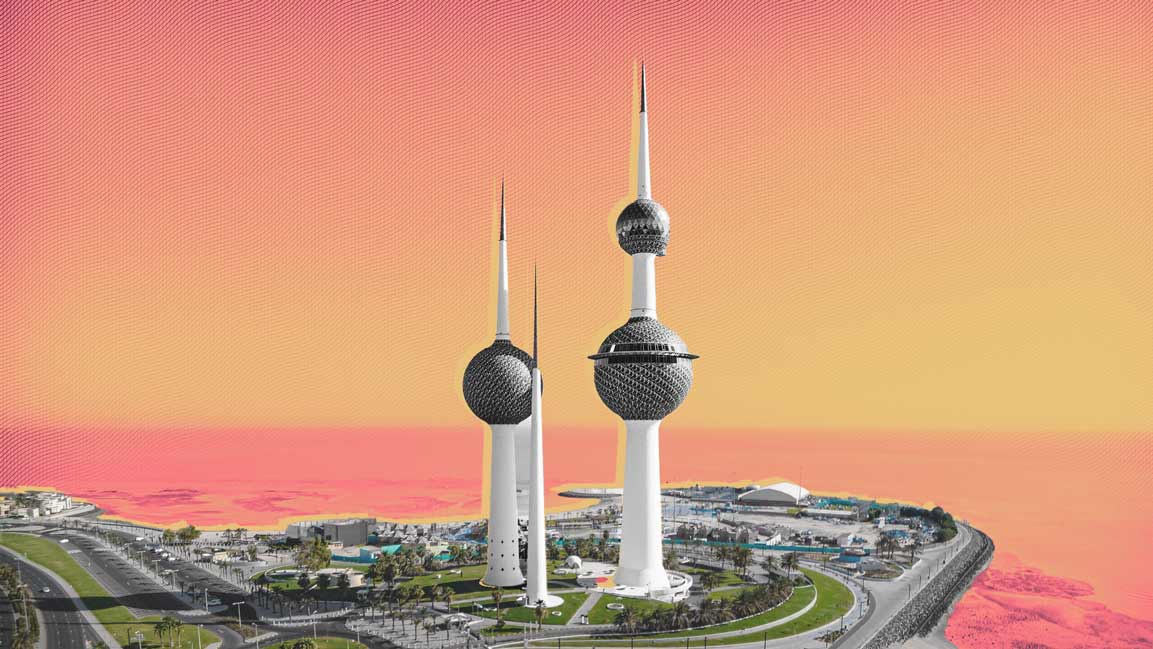- | 1:00 pm
Strategic reforms and global deals set Kuwait on path to sustainable growth
Government efforts include aligning legislative reforms with strategic partnerships, expediting key projects, and boosting economic indicators.

Kuwait is witnessing a major transformation in large-scale project development, driven by integrated government action that links economic diplomacy with strategic partners and internal reforms. This transformation aims to improve efficiency, enhance transparency, and accelerate implementation, aligning with the New Kuwait 2035 Vision.
Government efforts include aligning legislative reforms with strategic partnerships, expediting key projects, and boosting economic indicators. A Ministerial Committee for Monitoring Agreements with China has held 22 meetings, outlining four main tracks: accelerating coordination, increasing technical visits, removing project obstacles, and supporting ministries implementing MoUs.
Notable progress includes the Mubarak Al-Kabeer Port project, which led to a signed execution contract in March. In environmental infrastructure, Kuwait is reviewing a Chinese-prepared action plan for land reclamation and projects focused on afforestation, environmental protection, and combating sand encroachment.
His Highness the Prime Minister Sheikh Ahmad Abdullah Al-Ahmad Al-Sabah stated, “The positive indicators in economic growth and attracting foreign investments confirm the government’s steady progress and the ministerial committee’s success in achieving the objectives of the comprehensive plan in all development paths, in line with the vision of His Highness the Amir Sheikh Meshal Al-Ahmad Al-Jaber Al-Sabah.”
Kuwait recently elevated its partnership with Japan to a comprehensive strategic level, aiming to deepen economic, trade, and renewable energy cooperation. Projects like the Al-Zour North Power Plant reflect this approach, encouraging private sector involvement to reduce costs and optimize resource use.
The government is tracking all projects and contracts to ensure coordination and avoid duplication. New financing initiatives aim to cut the public budget burden by 30%, attract $32.5 billion in investments, and create over 50,000 jobs by 2030.
According to the World Bank, Kuwait’s economic growth is expected to rebound to 2.2% in 2025, with continued stability through 2027, driven by structural reforms and infrastructure expansion.































